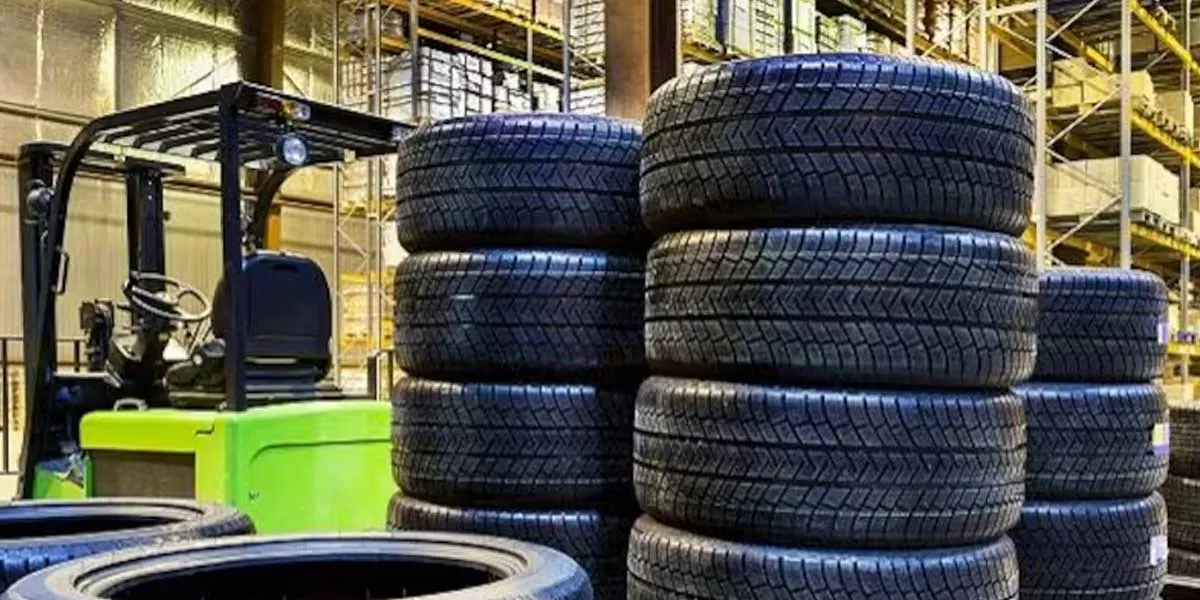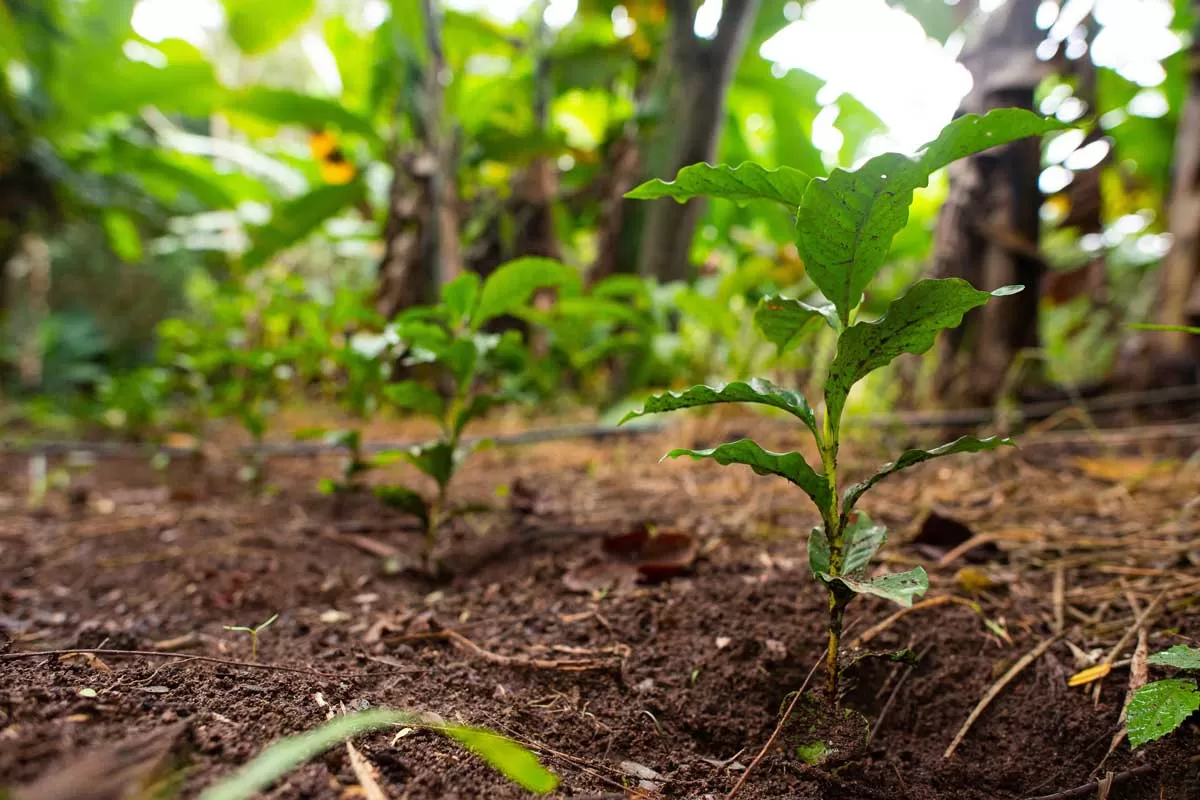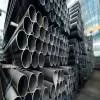
Ceat, Apollo Tyres to Raise Prices Due to Raw Material Costs

Two Bridges to Complete Mahalaxmi-Haji Ali Link
The construction of two new vehicular bridges in South Mumbai, via Saat Raasta, is progressing swiftly to complete the missing V-shaped link between Mahalaxmi and Haji Ali, according to the Brihanmumbai Municipal Corporation (BMC). Reason for the Project Currently, Mahalaxmi and Haji Ali are connected via a century-old bridge that has deteriorated over time. This bridge is now inadequate to handle the present-day traffic load, as it remains one of the busiest routes in the city. Given the bridge’s condition, the BMC has proposed constructing two flyovers, as the existing structure cannot ..

SECL’s ‘Sushrut’ Becomes First Coal PSU CSR Initiative on DBT
South Eastern Coalfields Limited (SECL), a subsidiary of Coal India, has marked a significant milestone with its Corporate Social Responsibility (CSR) initiative, ‘SECL Ke Sushrut’. It is the first and only CSR scheme of any coal PSU under the Ministry of Coal to be featured on the Government of India’s Direct Benefit Transfer (DBT) portal. Significance of DBT Integration The DBT initiative aims to reform the delivery of government benefits by ensuring direct fund transfers to beneficiaries, reducing leakages, and improving resource utilisation. The DBT portal currently hosts approxima..

Govt Steps Up Efforts to Restore Organic Carbon in Soil
The Government of India has intensified efforts to address the decline in organic carbon in soil, with a total of 24.84 crore Soil Health Cards (SHCs) issued to farmers so far. These SHCs provide crucial data on soil properties such as pH levels, electrical conductivity, and nutrient content, including Nitrogen, Phosphorus, Potassium, Sulphur, micro-nutrients, and Organic Carbon. Farmers receive advisories on Integrated Nutrient Management (INM), which encourages the judicious use of chemical fertilisers alongside organic manures and bio-fertilisers to enhance soil organic carbon and overall ..














